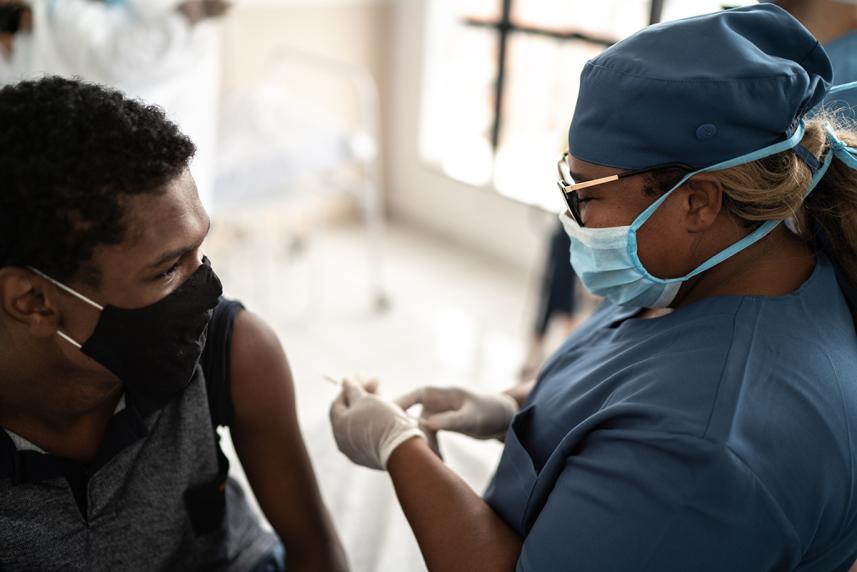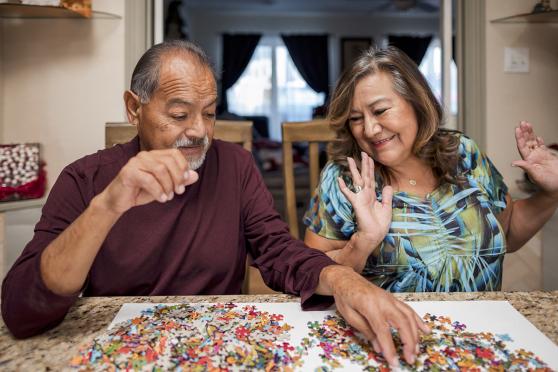Your guide to vaccinations
Staying on schedule can protect your child from dangerous diseases

Whether your child is an infant or a teen, staying up to date on his or her vaccinations is one of the best ways to prevent HPV, meningitis, and other diseases. “Vaccinations are so important,” says Katie McPeak, M.D., medical director of general pediatrics at St. Christopher’s Hospital for Children in Philadelphia. Many life-threatening diseases have become very rare thanks to vaccinations, she adds. Here’s what else you should know about vaccinations.
How do they work?
A vaccination teaches your child’s immune system how to fight a certain disease. When your child receives a vaccination, he or she may get an injection of a killed or weakened germ. It can’t actually infect your child, but it does trick your child’s body into thinking it’s being attacked by a particular disease. Your child’s immune system reacts by creating disease-fighting antibodies, which help protect your child from that disease in the future.
Is one enough?
For the most protection, your child will need multiple vaccinations from birth to 18 years old. That’s because different vaccinations protect against different diseases. Also, some vaccinations require more than one dose.
Are they safe?
Yes, they are. “If someone with no medical training tells you otherwise, they may have received information from unreliable sources,” Dr. McPeak says. “If you’ve heard, for example, that vaccinations cause autism, you should know this was disproved by a major scientific study.”
The truth is that nearly all children can be safely vaccinated unless they have another condition that presents a risk, such as cancer or a weakened immune system. Additionally, the Centers for Disease Control and Prevention (CDC) monitors the safety of vaccinations. Like any medication, vaccinations may cause side effects. The most common is temporary swelling or redness at the injection site.
What’s best for my child?
Talk to your child’s doctor, who can make sure your child receives vaccinations as recommended. The doctor can also answer any questions you have about vaccination safety or side effects.
When should my child get vaccinations?
The CDC publishes a recommended child and adolescent immunization schedule for people 18 years old and younger. You can find that schedule here.


